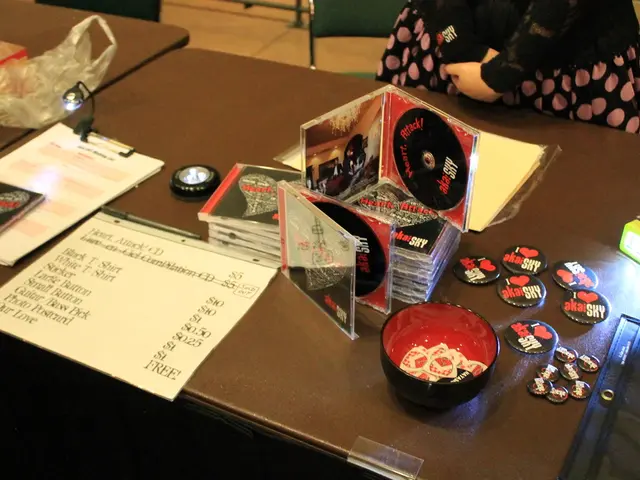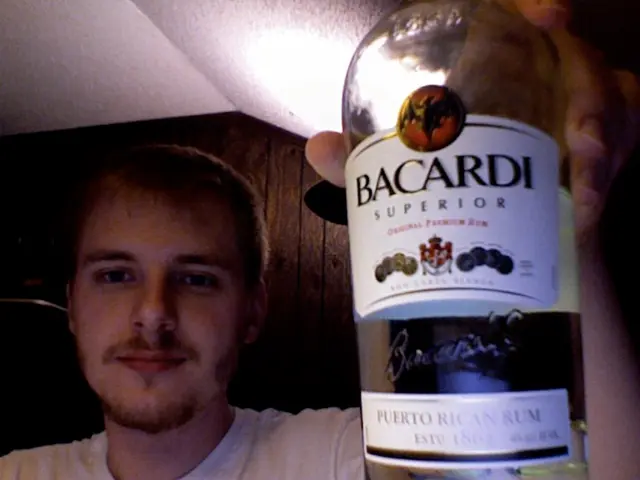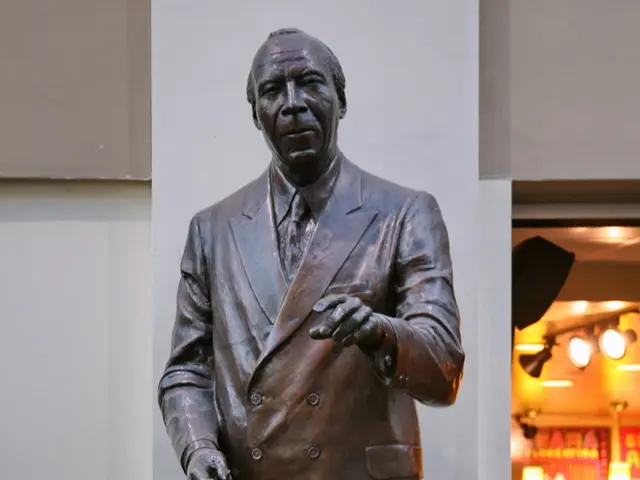Casino-Goer Apprehended for Alleged Plot to Win Big Jackpot at Grand Falls
Man in Sioux Falls Arrested for Alleged Jackpot Fraud
Luis Mejia, a resident of Sioux Falls, has found himself in hot water after an incident at the Grand Falls Casino. Mejia has been charged with class D felonies: gambling-avoid forfeiture of money and conspiracy to commit a non-forcible felony.
According to reports, Mejia attempted to claim a $1,500 jackpot by switching places with another patron. However, Mejia lacked a Social Security Number, making him ineligible to claim the prize. This attempt immediately alerted the casino to a potential crime.
Authorities were later involved in the investigation of the incident on the gaming floor. Mejia's actions led to the exposure of another potential identity fraud attempt.
In Canada, a similar incident occurred when a man without a Social Security Number asked his girlfriend to claim a jackpot on his behalf. The woman later stole the multi-million-dollar prize and eloped with another man.
Claiming a casino jackpot with false identification is illegal and constitutes criminal fraud and identity theft, potentially leading to felony charges such as theft, forgery, and related offenses. Casinos and law enforcement rigorously verify identification before jackpot payouts to prevent fraud.
Presenting false ID to claim a jackpot would amount to fraudulently obtaining money or property, which is a criminal offense under Iowa law. Using fake or altered identification documents is considered forgery and/or identity theft, both punishable by fines and imprisonment.
If found guilty on both charges, Mejia could spend up to 10 years in prison. The charges against Mejia were issued by the Lyon County Clerk of Court's Office and the Iowa Division of Criminal Investigation (DCI).
This incident in Canada serves as an example of potential complications that may arise when attempting to claim a jackpot without proper identification. It is crucial to remember that such actions can lead to severe legal consequences.
In certain states and jurisdictions, claiming a jackpot in this manner could be considered a crime. If you need detailed or updated Iowa statutes on these crimes or specific casino policies at Sioux Falls casinos, consulting a legal expert familiar with Iowa gaming law or the Iowa Gambling Regulatory Office would be advised.
The woman in Canada's case is now being sued, and the other person involved in the scheme attempted to claim the jackpot with the identity of another person. This highlights the importance of following proper procedures when claiming a jackpot to avoid any potential legal troubles.
In Canada, another individual was arrested for attempting to claim a jackpot using another person's identity, leading to identity theft and fraud charges similar to those facing Luis Mejia in Sioux Falls. This incident demonstrates the importance of adhering to general news about casino-and-gambling practices, as casinos and authorities take such criminal activities very seriously, often involving lotteries, crime-and-justice, and fraud. It's crucial for individuals to understand the risks associated with fraudulently obtaining casino jackpot winnings through false identification, as these actions can result in significant fines, imprisonment, and even long-term damage to one's reputation.








